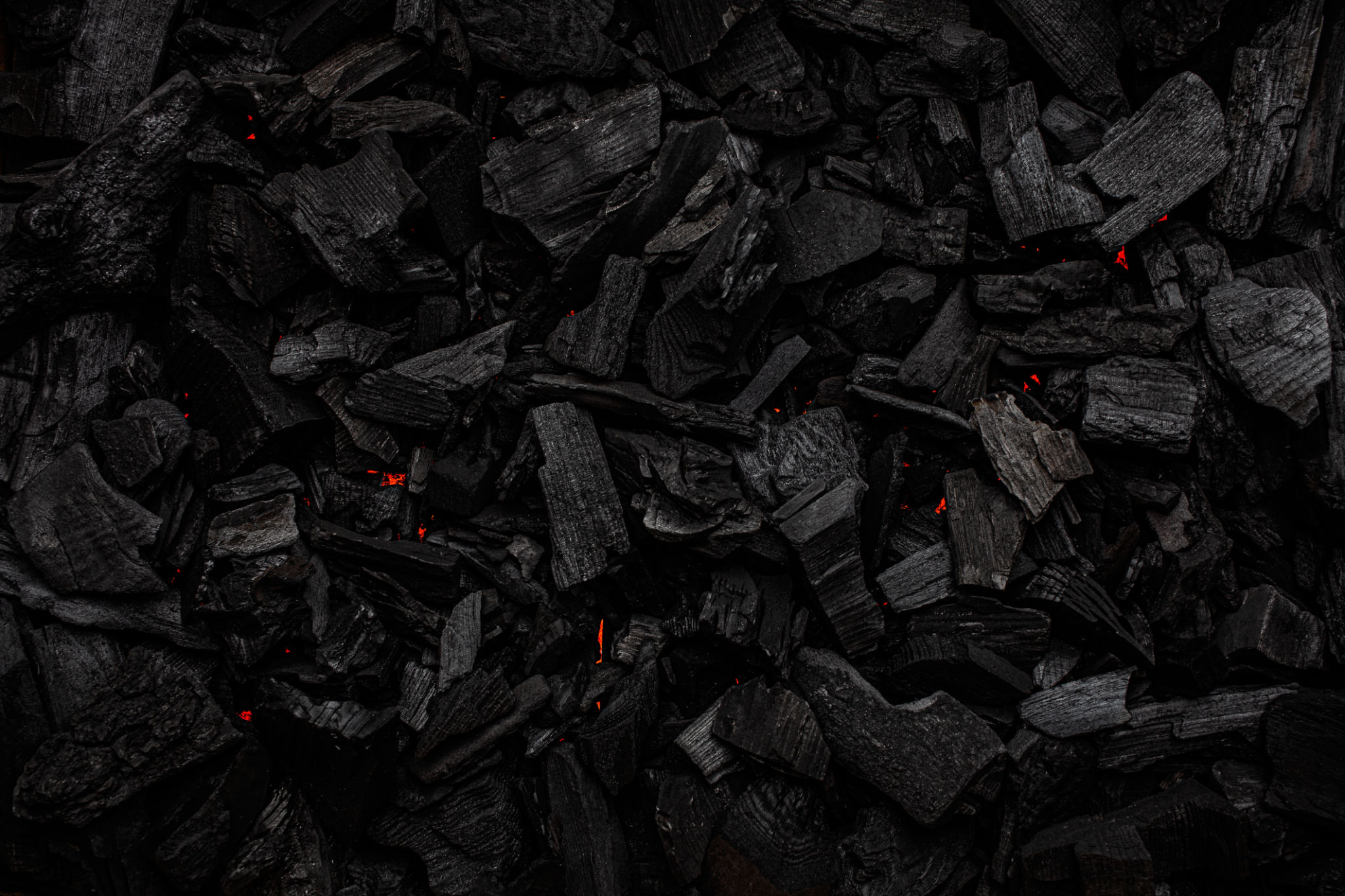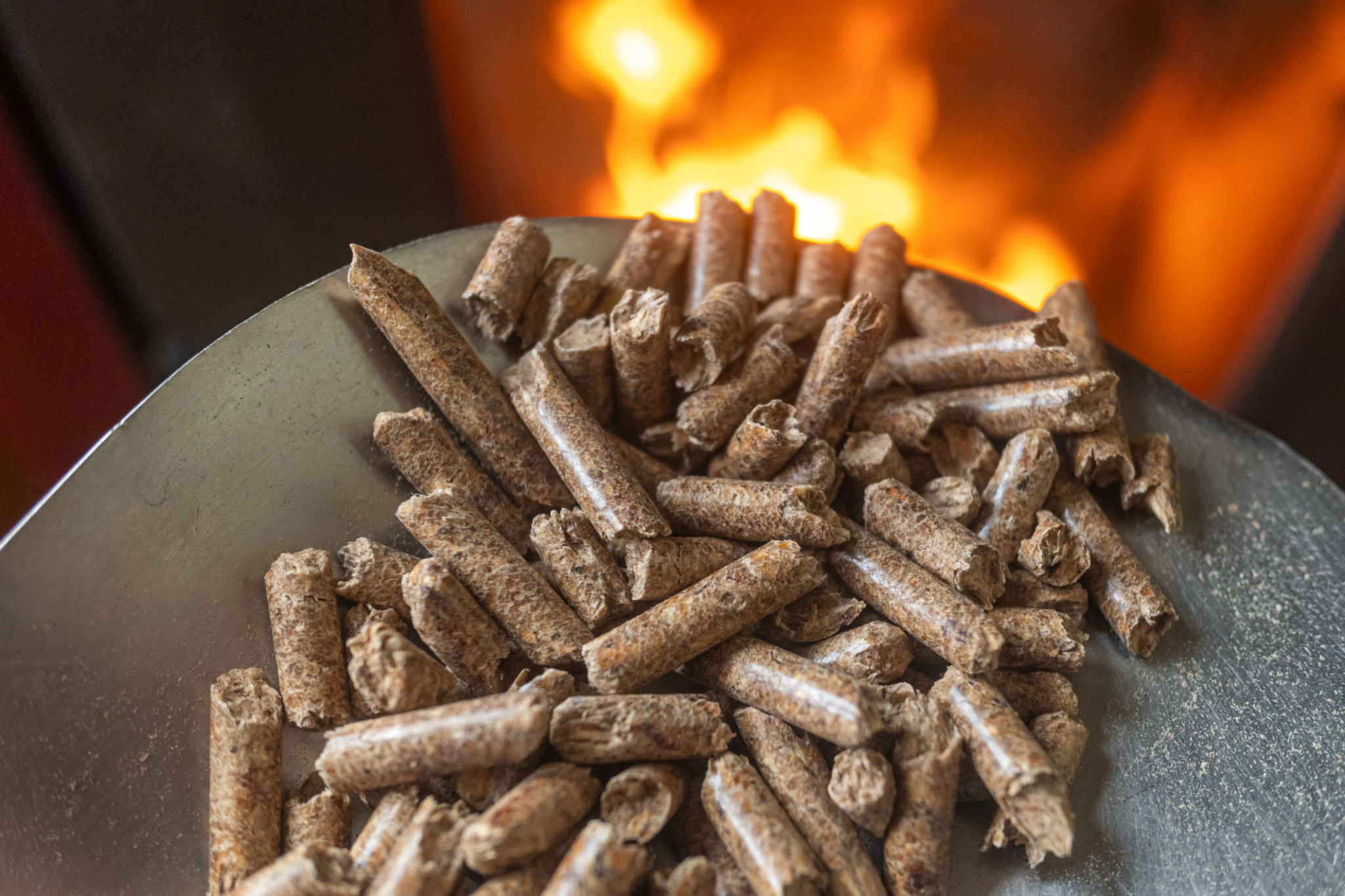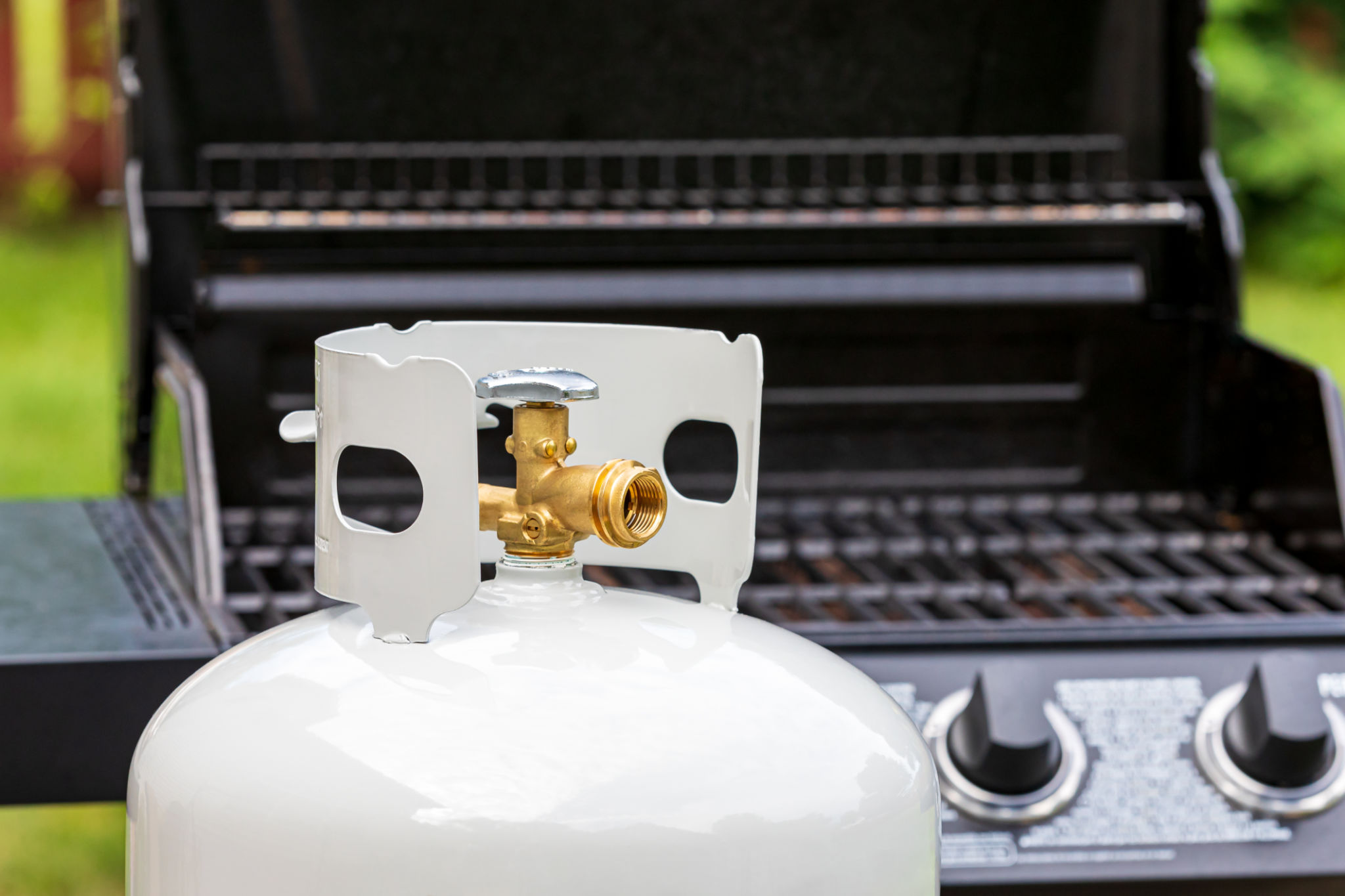Charcoal vs. Wood Pellets: Which is the Better Fuel for Your Needs?
Understanding Charcoal and Wood Pellets
When it comes to choosing the right fuel for grilling or heating, many people find themselves torn between charcoal and wood pellets. Both options have their own advantages and disadvantages, making the decision largely dependent on your specific needs and preferences. In this article, we'll dive into the details of both fuel types to help you make an informed choice.
Charcoal has been a popular choice for decades, known for its ability to produce high heat and impart a smoky flavor to food. On the other hand, wood pellets are gaining popularity for their convenience and environmental benefits. Let's explore these options further to see which might be better suited for your requirements.

Benefits of Using Charcoal
Charcoal is favored by many grill enthusiasts because of the intense heat it can produce. This high heat is perfect for searing meats and creating that coveted charred exterior. Additionally, the smoky flavor that charcoal imparts is often considered superior by traditionalists who enjoy the classic taste of grilled food.
There are several types of charcoal available, including briquettes and lump charcoal. Briquettes are uniform in size and shape, ensuring consistent heat distribution, while lump charcoal consists of natural wood pieces, providing a more authentic smoky flavor. Each type has its own merits, allowing users to choose based on their cooking style and flavor preference.
Advantages of Wood Pellets
Wood pellets are made from compressed sawdust and are a renewable energy source. They are particularly popular in pellet grills due to their ease of use and eco-friendly nature. One major advantage of wood pellets is their ability to provide steady, controlled heat, which is ideal for slow cooking and smoking.

Another benefit of wood pellets is the wide range of flavors available. By choosing different types of wood, such as hickory, apple, or mesquite, you can customize the taste profile of your food. This versatility makes wood pellets an attractive option for those who enjoy experimenting with different flavors.
Cost Considerations
When evaluating costs, it's important to consider both initial expenses and long-term usage. Charcoal is generally more affordable upfront, especially if you opt for briquettes. However, it may require more frequent purchasing due to its faster burn rate.
Wood pellets are usually more expensive initially but tend to last longer than charcoal. The efficiency of pellet grills can also lead to savings over time, as they use fuel more sparingly. It's worth weighing these factors based on your expected usage frequency and budget.

Environmental Impact
The environmental impact of your fuel choice is another important consideration. Charcoal production can contribute to deforestation and air pollution if not sourced sustainably. It's essential to look for brands that prioritize sustainable practices to minimize ecological harm.
In contrast, wood pellets are made from waste wood materials, making them a more sustainable option. They produce fewer emissions during combustion, contributing to a cleaner environment. If reducing your carbon footprint is a priority, wood pellets may be the better choice.
Conclusion: Making the Right Choice
Ultimately, the decision between charcoal and wood pellets comes down to personal preference and specific needs. If you prioritize intense heat and traditional smoky flavors, charcoal might be your ideal choice. However, if you value convenience, sustainability, and flavor versatility, wood pellets could be the better option.
Consider your priorities in terms of flavor, cost, environmental impact, and ease of use before making your final decision. Whichever fuel you choose, both charcoal and wood pellets offer unique benefits that can enhance your grilling or heating experience.